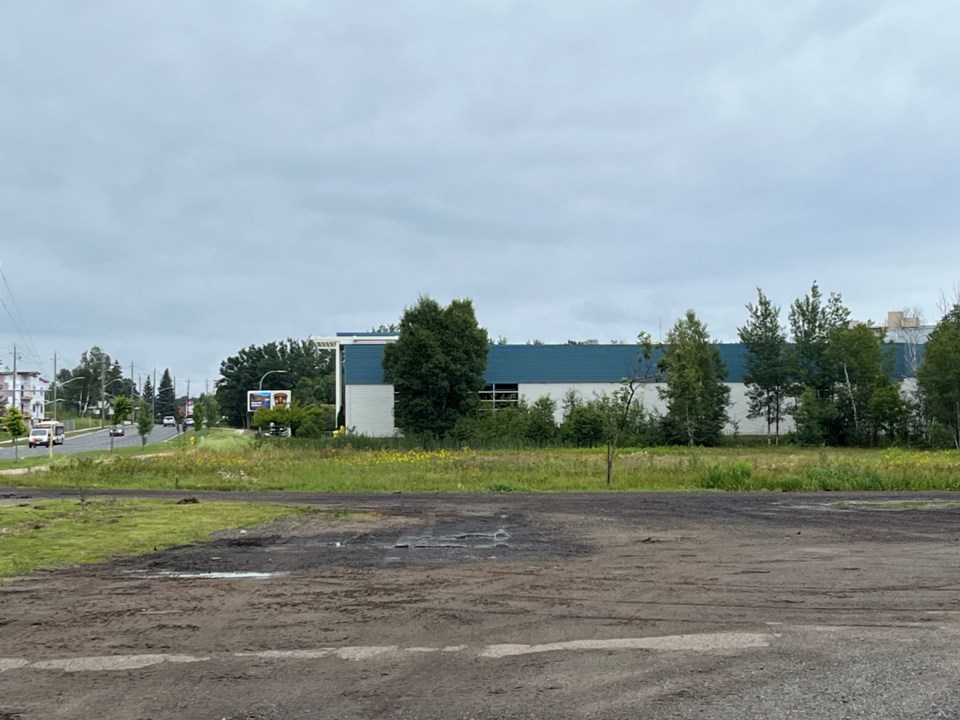THUNDER BAY — Months from now, shovels are expected be in the ground for a new transitional housing project that was first proposed several years ago.
Ontario Aboriginal Housing Service officials confirmed to Dougall Media this week that the site plan application for the Junot Avenue project has been given the thumbs up, and the application for a building permit will be submitted this week.
Spokesperson Sarah McBain added in the email that a public tender is being released as well this week to secure a general contractor for this development.
Ontario Aboriginal Housing Services has wanted to build the 58-bed facility for people aged 18 to 29 between the Superior North EMS headquarters and the Boys and Girls Club facility on Windsor Street.
City council only narrowly approved a zoning by-law amendment to allow the facility to go ahead in October 2019 on a 7-5 vote. The amendment added “Residence and Community Resource Centre” as an acceptable use for the subject property.
Coun. Albert Aiello, who also serves as the executive director of the Thunder Bay Boys and Girls Club, admitted there was hesitation about the build.
“Initially, we didn't know too much about the overall project,” Aiello said on Wednesday.
“We're more at ease now, just knowing more about what's going to happen there, it was very vague at the beginning. I'm confident that we have an opportunity to work together and [hopefully] help in the success of the program [while at] the same time ensure safety of not only the children and youth that work here, but the community as a whole as well.”
Aiello, who had been against the project when it went to council at the time, added the organization has been able to get its safety concerns addressed.
“A lot of the occupants there will be working or will be striving to be working at different stages of recovery, learning and going through life and skill training,” Aiello said. “Those types of issues are very important to us again, when things [were] very vague and we [didn’t know the specifics]. Again, it's only natural to be very protective and we are, we're very protective of the children and youth that we serve. It was never about the project.”
Coun. Michael Zussino, who represents the Red River ward that encompasses the site, was newly elected last year and not involved in the previous council decisions.
Zussino expressed hope that concerns from area residents would be taken into account.
I knew there were a lot of residents that weren't thrilled with the location," he said. "Hopefully the stakeholders, who are operating this facility, will have heeded [the feedback] and maybe put in some plans to deal with it personally, as a new councillor for Red River.”
“It's empty space that has been there for a while. My only concern is similar to residents in terms of people dealing with addictions and putting them in an area where there is high crime. I don't know if that's going to be a success, but hopefully.
"We need the housing.”
Red River Holdings, which owns rental properties in the general vicinity, appealed the city’s decision to Ontario’s Local Planning Appeal Tribunal in November 2019.
The planner representing the company argued Thunder Bay had sufficient land available that is already appropriately zoned, saying the city should have sought land at one of those sites. He also argued the housing facility’s size and institutional nature make it incompatible with a residential area. Planners with the city and Ontario Aboriginal Housing Services maintained the facility is comparable to some of the larger residential buildings already in the area, including apartment buildings.
The tribunal dismissed the appeal in 2020, finding the city’s zoning amendment “represents good planning and is in the public interest.”
Ontario Aboriginal Housing Services had hoped to begin construction by May 2020, but the COVID-19 pandemic and a lack of operational funding delayed the process to this point.
Construction is anticipated to start in September.
